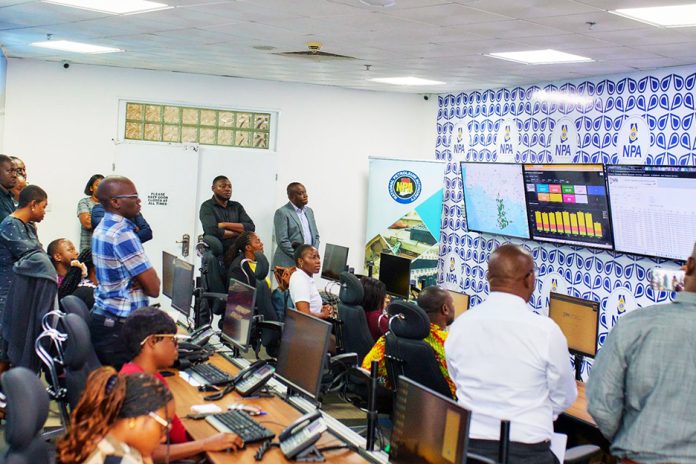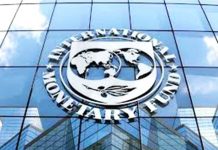A seven-member delegation from the Energy Regulatory Board of Zambia has paid a three- day working visit to the NPA to understudy the Authority’s operations in the regulation of the petroleum downstream industry.
The team came to have a better insight into the Unified Price Petroleum Fund (UPPF), fuel marking and electronic cargo tracking amongst others, from 18th to 20th September, 2024.
In her remarks at a meeting with the Zambian team,a Deputy Chief Executive of NPA, Mrs Linda Boamah Asante, who stood in the stead of the Chief Executive, Dr. Mustapha Abdul-Hamid, expressed profound appreciation to the Zambian Energy Board for their continuous engagement with the NPA.
She called for more of such learning collaborations, and stressed that the doors of the NPA are always open and ready to assist its neighbours in such corporate learning.
For her part, the Director of Corporate Affairs, Mrs Maria Edith Oquaye, welcomed the delegation and assured the members of NPA’s readiness to share experiences with member countries for the good of the continent.
She said the collaboration between countries was critical now, especially for the NPA, as a regulator of the energy industry, and indicated that Ghana now exports petroleum products to neighbouring countries like Mali, Niger, Burkina Faso, Cote d’ Ivoire and Togo all within the sub-region.
She assured the delegation of NPA’s readiness to take them through its operations, including visits to system areas in Accra and Tema “to gain insight into what we do”.
The seven member delegation, was taken through detailed presentation on the
the UPPF.
The Coordinator of the UPPF, Mr. Jacob Amuah, underscored the important role the UPPF plays in the petroleum downstream industry in Ghana.
He said, fuel prices directly affect nearly every sector of the economy from food prices to transportation and manufacturing. Mr. Amuah said fluctuations in fuel costs could cause widespread economic disruptions hence by maintaining uniform prices across the country, the UPPF as curtailed regional disparities, stabilized inflation, and encouraged economic growth,
He said the UPPF is a crucial mechanism in the petroleum industry of many nations, aimed at stabilizing fuel prices across different regions.
Mr. Amuah stressed that the UPPF is essentially a fund set up by the government or a regulatory body to ensure uniformity in fuel prices across various parts of the country.
Given that the cost of transporting petroleum products to different regions in Ghana can vary significantly due to factors like distance and infrastructure, the UPPF acts as a balancing tool.
It helps to ensure that consumers in remote or underdeveloped areas do not pay significantly more for fuel than those in urban centres.
Citing the Northern part of Ghana as an example, Mr. Amuah noted that, but for the implementation of the UPPF, consumers in the north would have paid more for the petroleum products than those in the south, due to longer distances from the refinery.
However, he said,the fund compensates the difference, allowing the price at the pump to remain the same as in more accessible areas.
The team as part of their learning was taken to the Bulk Oil Storage and Transportation (BOST) Tema depot, an oil marketing company, and a fully automated retail outlet to have hands-on experience in their operations.
The leader of the delegation of the delegation, Mr Ezra Siamasumo, thanked the NPA for accepting the request to understudy Ghana’s downstream industry and their readiness to replicate the UPPF in Zambia. He affirmed the commitment of Zambia’s Energy Board to continue its collaboration in the petroleum sector with Ghana.









